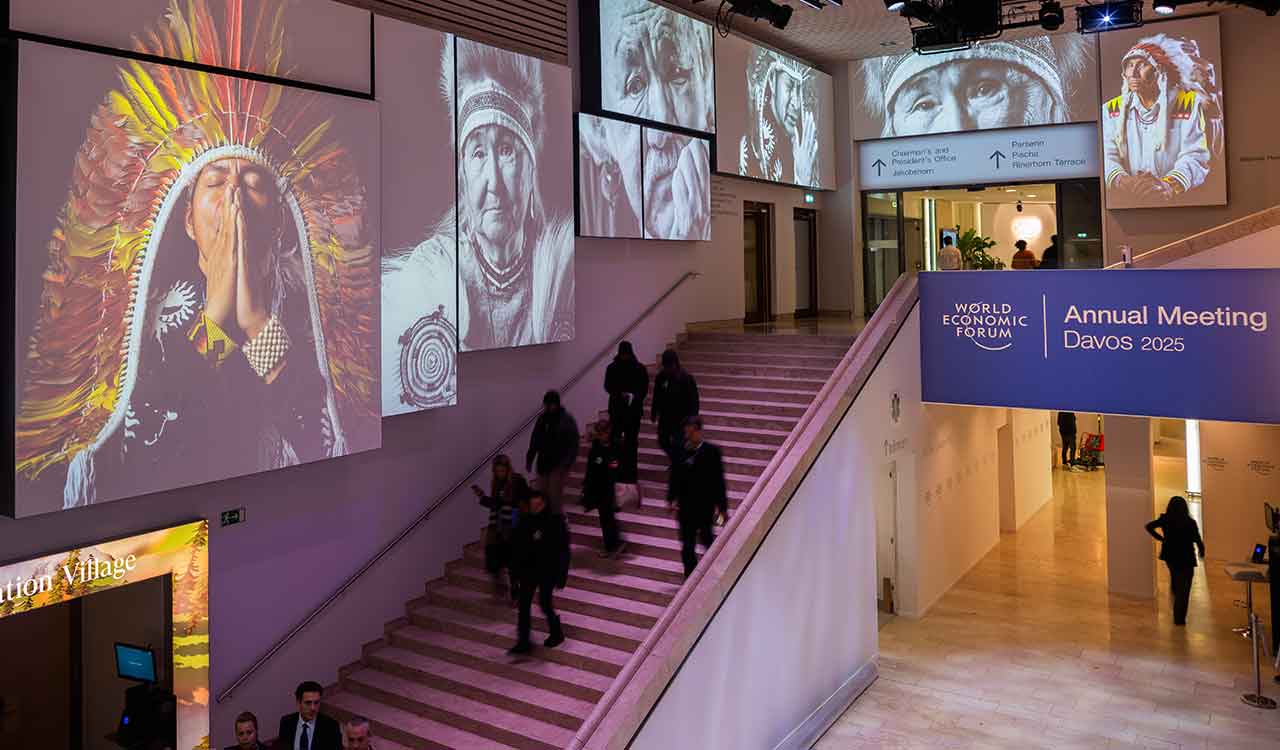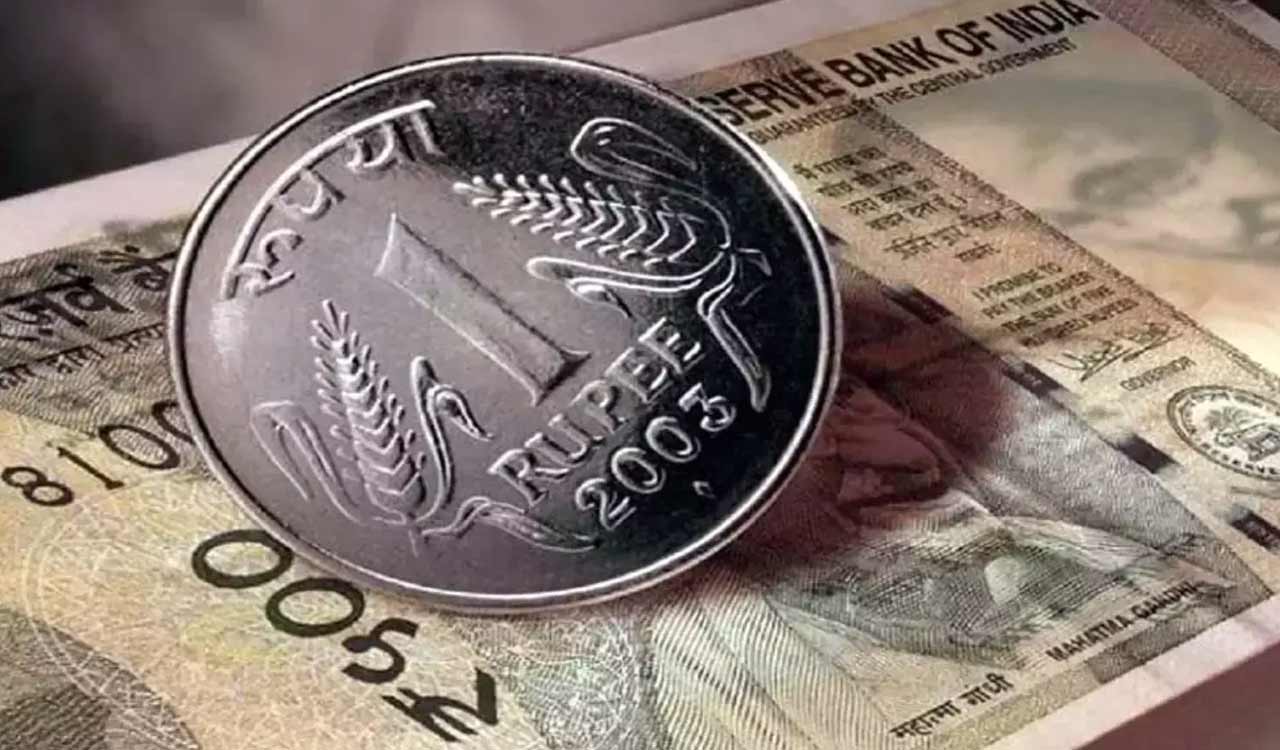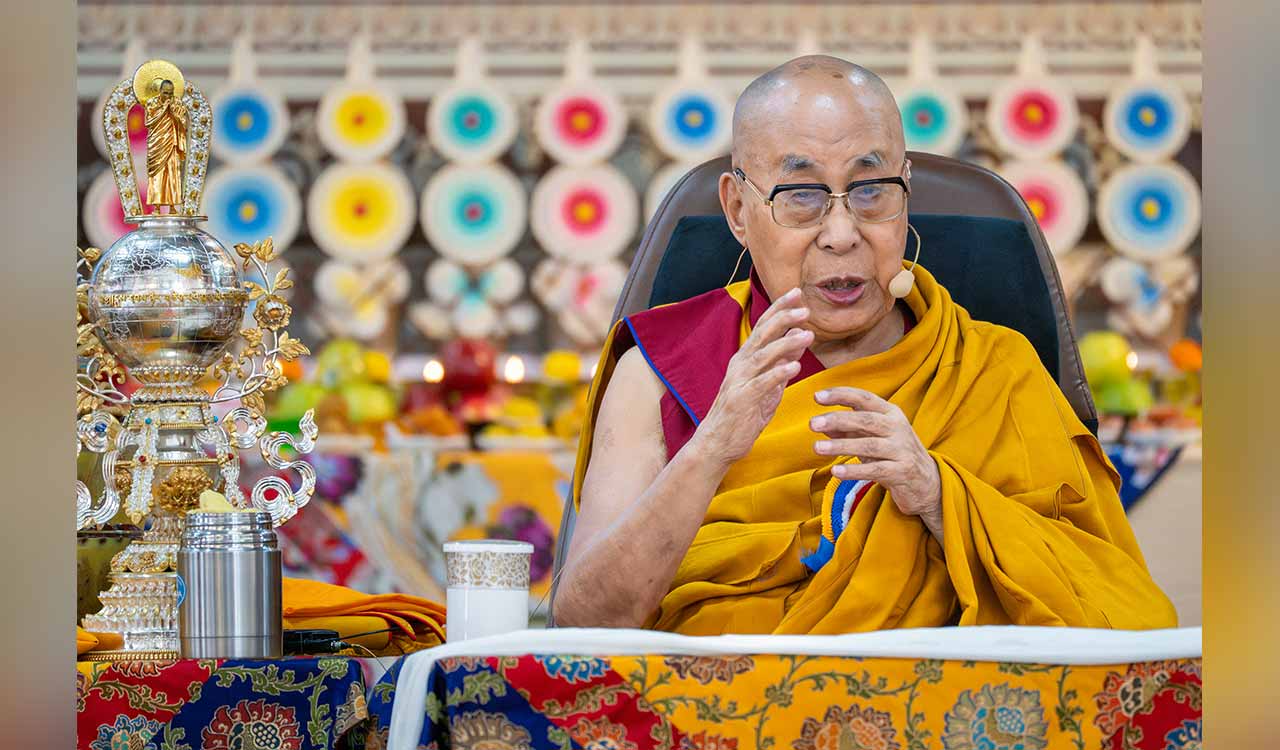UK extracted USD 64.82 trillion from India during colonialism: Oxfam
In its annual report on global inequity, titled 'Takers, not Makers,' Oxfam International has cited several studies to claim that the modern multinational corporation is a creation of colonialism. The report is released every year on the first day of the World Economic Forum meeting

Davos: The UK extracted USD 64.82 trillion from India over a century of colonialism between 1765 and 1900 and $33.8 trillion of this went to the richest 10 per cent — enough money to carpet London in notes of 50 British pound almost four times over.
This forms part of rights group Oxfam International’s latest flagship global inequity report released every year on the first day of the World Economic Forum Annual Meeting. The report, titled ‘Takers, not Makers’ and released here on Monday hours before the start of the annual meeting of the rich and powerful across the globe, cited several studies and research papers to claim that the modern multinational corporation is a creation of colonialism only.
“Legacies of inequality and pathologies of plunder, pioneered during the time of historical colonialism, continue to shape modern lives. This has created a deeply unequal world, a world torn apart by division based on racism, a world that continues to systematically extract wealth from the Global South to primarily benefit the richest people in the Global North,” Oxfam said.
In the UK, a significant number of the richest people today can trace their family wealth back to slavery and colonialism, specifically the compensation paid to rich enslavers when slavery was abolished, it added.
On the modern multinational corporation being a creation of colonialism, Oxfam said it was pioneered by such corporations as the East India Company, which became a law unto itself and was responsible for many colonial crimes.
Oxfam said that wages in the Global South are between 87 per cent and 95 per cent lower than wages in the Global North for work of equal skill. Large multinational corporations dominate global supply chains, benefitting from cheap labour and the continued extraction of resources from the Global South; they capture the vast majority of profits and perpetuate dependence, exploitation and control through economic means, Oxfam said.
In 1750, the Indian subcontinent accounted for approximately 25 per cent of global industrial output. However, by 1900 this figure had precipitously declined to a mere 2 per cent, the Oxfam report noted. This dramatic reduction can be attributed to Britain’s implementation of stringent protectionist policies against Asian textiles, which systematically undermined India’s industrial growth potential, Oxfam said.
Paradoxically, it took a global conflict to temporarily alleviate this industrial suppression and during World War One (1914–18), the disruption of colonial trade patterns inadvertently catalysed industrial growth in the colonies, Oxfam said.
Regions with significant decreases in British imports during the war demonstrated enhanced industrial employment growth – a pattern that is still visible today.
From the 1830s to 1920, 3.7 million Indian, Chinese, African, Japanese, Melanesian and other people were transported to work in colonial plantations and mines, and to lay down infrastructure as indentured labourers, it added. The report further noted that in India in 1875 the top earners were mainly European officers of the army and the administration, but by 1940 they were mainly traders, bankers and industrialists.
Wealth and political power continued to be concentrated among the richest people in many countries in the Global South post-independence, with abject poverty and immense wealth separated by electric fences, golf courses and other barriers, it added.
Calling the ongoing impact of colonialism a ‘fruit from the poisoned tree’, Oxfam said that only 0.14 per cent of India’s mother tongues are used as a medium of instruction and 0.35 per cent are taught in its schools.
Oxfam further said that multiple other divisions were expanded and exploited, concretized and compounded during the historical colonial period, including caste, religion, gender, sexuality, language and geography. In India during the British colonial period, the caste system was formalized through legal and administrative measures, which reinforced its rigid boundaries.
The report also talked about the British state as a ‘colonial drug pusher’. As the world deals with the legacy of corporate greed that contributed to the opioid crisis, it is critical to remember that both the Dutch and British East India Companies used the opium trade to consolidate their colonial rule, Oxfam said. Thus, opium production on an industrial scale was promoted in eastern India, where the British East India Company held a monopoly from 1757 (transferred to the crown in 1873), and the produce was exported to China, eventually triggering the Opium War and China’s so-called ‘century of humiliation’.
In the middle of the nineteenth century, opium amounted to more than half of China’s total imports and represented the British Raj’s third-largest revenue stream, after salt and land taxes. Poppy-growing areas in India were associated with lower per-capita public spending on health and administration by the British, fewer schools and a greater concentration of police officers, and to this day, these areas continue to have significantly worse literacy rates and public goods provision than neighbouring areas, Oxfam said.
The report further said that countries in the Global South have also been victims of ‘biopiracy’, the unauthorised and uncompensated collection of genetic resources for commercial purposes. It cited an example of the US multinational corporation WR Grace’s 1994 patent for a neem tree seed extract used in its antifungal spray, Neemex. While the company claimed that its patent was the product of a unique invention, neem extracts have been used by rural farmers in India for more than 2,000 years in insect repellents, soaps and contraceptives, Oxfam said.
The technical board of appeals at the European Patent Office revoked the patent after 10 years of legal proceedings.
Oxfam said the huge exploitation of fossil fuels, which began in the colonial era, also continues today, which in turn, has driven the world to the edge of climate breakdown.
The story also talked about the ways that colonial powers partitioned the Ottoman Empire and India. It further cited studies that 59 million excess deaths occurred under British rule between 1891 and 1920 in India. Grain import restrictions during World War II, underpinned by racist thinking, appear to have significantly contributed to or caused the Bengal famine of 1943, which claimed an estimated three million lives in what is now India and Bangladesh, it said.
It has been suggested that higher rates of obesity and type 2 diabetes among this population are the result of metabolic adaptations to recurrent cycles of starvation during the colonial period, Oxfam said.
Oxfam said that Global North continues to dominate even when each nation has equal status in formal terms at some global bodies.
Alleging that the WTO has historically failed to address the interests of the Global South, Oxfam said this helps not only northern countries but also corporations located in the Global North as demonstrated during the Covid-19 pandemic when the South African and Indian proposal at the WTO for a full waiver of intellectual property restrictions on life-saving vaccines, treatments and other technologies was supported by over 100 countries but successfully opposed by rich nations.
It further said that the World Bank and many European development finance institutes, in partnership with private capital and investment funds in the Global North, are promoting this privatization and financialisation of public services in the Global South.
Oxfam claimed that the World Bank’s International Finance Corporation (IFC), has financed highend private hospitals in urban centres in India, a country where 37 per cent of Indians experience catastrophic health expenditures in private hospitals, and human rights abuses are endemic.
On the role of military power in maintaining colonial inequality, Oxfam said that in India during the period of East India Company rule, military expenditure accounted for nearly 75 per cent of expenses while public works constituted only 3 per cent on average.
Further, authorities failed to repair irrigation systems, impairing agricultural productivity and intensifying famines and droughts and this use of overwhelming force has continued in the modern day, it added.
Related News
-
Kukatpally family conducts funeral after days of prayers for deceased
24 mins ago -
Hyderabad-based startup to begin human clinical trials for India’s first AI-driven antibiotic
38 mins ago -
Hyderabad: Mega job fair on February 23 at Red Rose Function Hall
49 mins ago -
Three engineering students arrested again for drug peddling in Warangal
59 mins ago -
BRS wins Indresham but loses Zaheerabad, Medak municipalities
1 hour ago -
BRS sweeps Patancheru municipal elections, wins all chairperson posts
1 hour ago -
MLRIT innovation team places third nationally at Anveshana 2026
1 hour ago -
Watch: Happy Birthday to the man who didn’t just celebrate Telangana—He created it
2 hours ago




